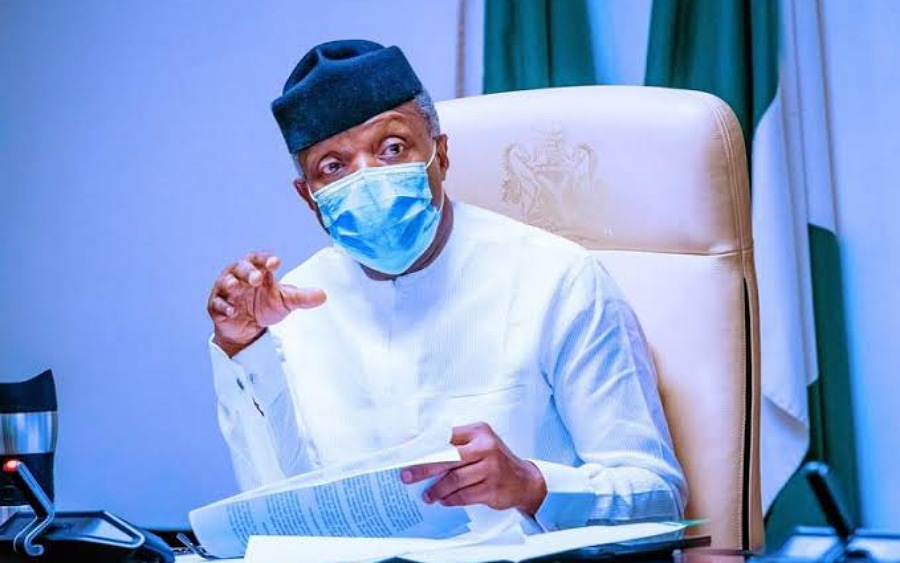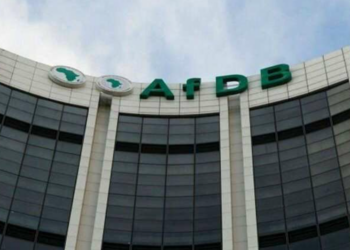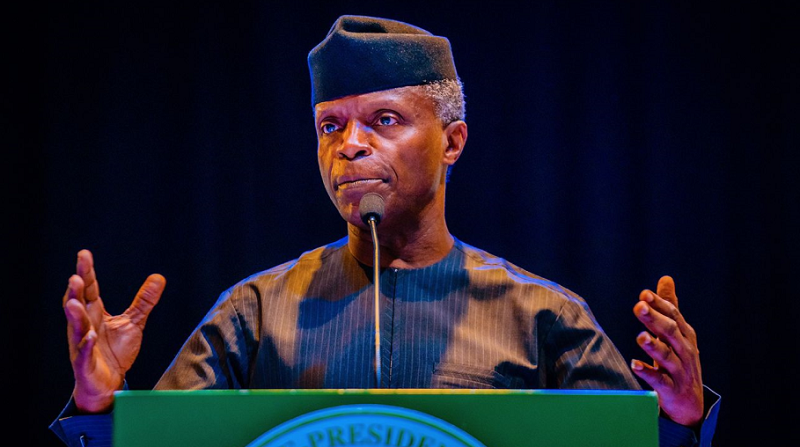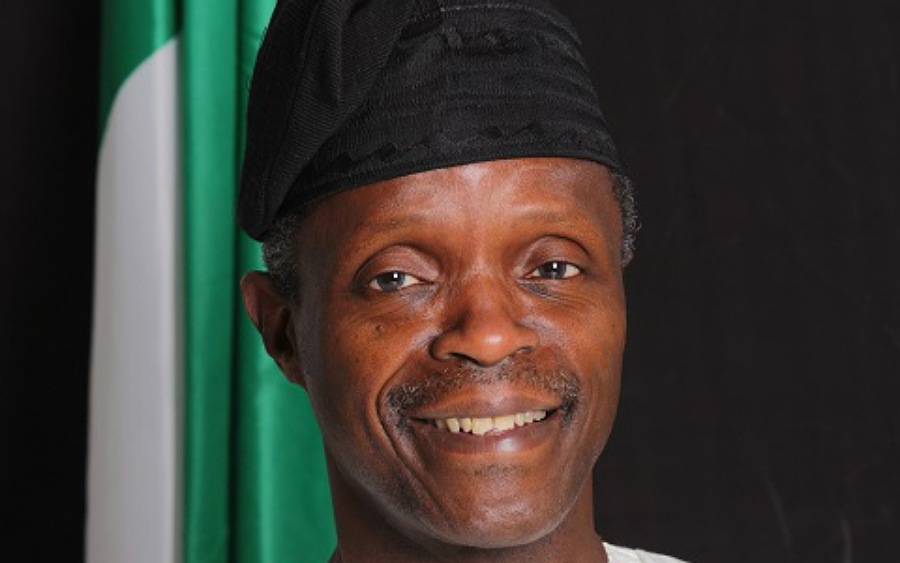The Vice President of Nigeria, Yemi Osinbajo, said that the Federal Government needs to create synergy between fiscal and monetary policy.
Disclosed this on Tuesday while attending the 3rd Ministerial Performance Review Retreat in Abuja, he also warned that failure to do so will lead to unnecessary drawbacks in economic planning.
During the meeting, some of the economic policy challenges facing the President Buhari administration were discussed, including exchange rate management, value addition and productivity.
The Vice President also used the occasion to warn against blanket import restrictions, noting that some imported items are needed in the manufacturing process. In the same vein, he urged for coherence in government policy adaptation between MDAs to avoid conflicting policies.
What the Vice President said:
The Vice President highlighted the three challenges that we must confront going forward, saying:
- “The synergy between fiscal and monetary policy, the failure of that synergy has led to unnecessary drawbacks in our economic performance and planning. What imports are eligible for foreign exchange must agree with the fiscal ambitions for manufacturing and industry. It cannot be the province of monetary policy alone or the province of fiscal policy alone.”
He spoke about Nigeria’s exchange rate management, noting that the exchange rate of the naira to convertible currencies continues to face significant downward pressures because demand substantially outstrips supply.
- “That is just the reality. On one hand, we have tried demand management and rationing, which has not worked because fixing the price while the parallel market reveals a massive arbitrage merely creates the opportunity for massive rents. It will also compound the backlog of remittances for foreign businesses that want to repatriate their legitimate earnings.”
According to him, a more market-driven approach will be the best approach. He added that some price discovery within the context of a managed float is required.
- “Some efforts at controlled price discovery that had been made in the past include the Foreign Exchange Market (FEM), Interbank Foreign Exchange Market (IFEM), various iterations of the Dutch Auction System (DAS), Wholesale Dutch Auction System (W-DAS), Retail Dutch Auction System (R-DAS). When people know how they can access foreign exchange competitively, this will boost confidence, and inward flows will increase,” he said.
The third issue he highlighted is that Nigeria must focus on value addition and productivity in our economy.
- “This happily is well articulated in our Medium Term Economic Plan 2021–2025. We must in doing so, loosen the generalised restrictions on trade.”
He then warned that blanket import restrictions are a dampener on economic activity because a lot of items that might be needed in the manufacturing process might be affected with a consequent negative impact on value addition in the economy. According to him, importation is not a problem, as what matters is what value is added to the imported products before they reach Nigerian consumers. He said:
- “This is how jobs and wealth are created. Many countries of the world that manufacture are huge importers, and they import far more than Nigeria. Let us take the example of garment manufacturing. Bangladesh the world’s leading garment manufacturer does not produce most of the cotton it uses. It only grows 2% of its annual cotton requirement.
- “In 2019 Bangladesh imported $11.8 billion worth of textiles and apparel while it exported $37.94 billion worth of garments in the same year. There is nothing wrong with importation if you are going to add value and will export. I think that we should focus on doing that.”
He called for coherence and coordination for effective policy implementation, saying it is important for government policies to be coherent otherwise different parts of the government could end up adopting opposing policies.
What you should know
- Nairametrics reported earlier that the recently released foreign trade report by the National Bureau of Statistics showed that Nigeria exported goods worth N7.41 trillion in the second quarter of 2022, representing a 47.5% increase from N5.02 trillion recorded in the corresponding period of 2021.
- On the other hand, the import bill increased 15.8% year-on-year to N5.44 trillion. Although compared to the previous quarter it declined by 7.9%.



















They are just realising this at the tail end of their administration! Bunch of jokers!